The Law has clarified the rights and obligations of teachers in the direction of increasing initiative, creativity and increasing protection of teachers in professional activities.
Increased protection
Appreciating the Law on Teachers, Ms. Pham Thi Nhung - Thien Phien Primary School (Tien Lu, Hung Yen ) expressed that the policies of the Law have touched the hearts of teachers; especially some policies aimed at enhancing the status and role of teachers. Thereby, creating a solid and comprehensive legal corridor to protect the legitimate and legal rights and interests of teachers; creating opportunities for teachers to feel secure in their professional activities.
The passing of the Teachers Law not only helps teachers feel secure in their work but also makes it easier for managers to recruit. “I hope the Law will soon come into effect. Before the Teachers Law takes effect (January 1, 2026), schools can develop operating regulations or regulations related to school culture, what teachers can and cannot do... Thereby, helping teachers quickly adapt to the policies stipulated in the Teachers Law,” Ms. Nhung suggested.
The rights and obligations of teachers are stipulated in Articles 8 and 9 of the Law on Teachers. Mr. To Van Tam - National Assembly Delegation of Quang Ngai province noticed that the provisions on the rights of teachers such as: Teaching, scientific research, summer vacation, other holidays, training, improving qualifications... In addition, there is a practical right that the Party and State's policies always pay attention to, which is preferential policies and regimes to improve the material life of teachers, which are not stipulated here.
The Law on Teachers affirms that teachers have an important role and need to be respected and protected. Mr. Nguyen Tam Hung - Ho Chi Minh City National Assembly Delegation emphasized that the Law stipulates that organizations and individuals are not allowed to post or disseminate information that attributes the responsibility of teachers in professional activities without the conclusion of a competent authority. To apply in practice, there needs to be a process to handle if teachers are violated on social networks or in the classroom.
“In addition, there should be regulations on a free legal support mechanism for teachers whose reputation is violated while performing their duties and clearly defining the responsibilities of educational institutions and educational management agencies in proactively protecting teachers,” Mr. Nguyen Tam Hung proposed, while emphasizing that teachers should proactively distribute lecture content and innovate teaching methods within the framework of the educational program, in order to increase the initiative and creativity of teachers.
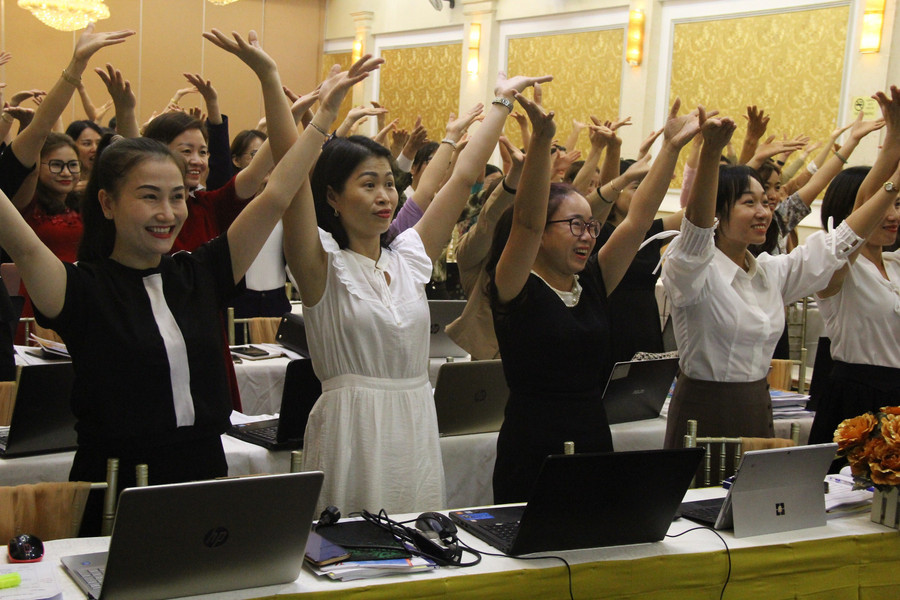
Things not to do
Sharing the same view, Mr. Luu Ba Mac - National Assembly Delegation of Lang Son province pointed out the current situation, the law does not specifically stipulate sanctions to protect teachers as a special subject that needs to be protected in cyberspace - where the speed of information spreading on the internet and sharing takes place very quickly. While in reality, there are subjects who insult teachers in cyberspace, causing negative impacts on the professional reputation of teachers, affecting the teaching psychology and pedagogical environment, and at the same time can undermine the trust of society in teachers.
Therefore, Mr. Luu Ba Mac said that it is necessary to soon have further guidance to clarify regulations on handling violations of the act of using social networks and electronic means to post, disseminate, and infringe upon the honor and dignity of teachers in cyberspace.
According to Dr. Dang Van Cuong - lecturer of Criminal Law, Thuy Loi University, the regulation of not disclosing information about teachers' violations when there is no official conclusion is in accordance with the constitution and the law to protect personal privacy, protect the honor, dignity and reputation of teachers and in accordance with general principles of the law.
The regulation does not condone or assist teachers in their wrongdoings, but protects the confidentiality of information during the verification and resolution of complaints and denunciations; at the same time, it protects personal rights, image rights, and personal privacy. On the other hand, it reduces the negative consequences of social issues.
“When information is unclear and violations have not been concluded by competent authorities, protecting information is appropriate and necessary,” Dr. Dang Van Cuong emphasized, citing that even with defendants in criminal cases, they are only considered guilty when there is a legally effective verdict from the court. When there is no conclusion from competent authorities, all speculations, judgments, and accusations of public opinion can be wrong and cause negative impacts that are difficult to correct.
Society and the law require teachers to be exemplary, to respect the law and professional ethics, so if teachers violate these principles, they must be held responsible before the law. Before the final conclusion takes legal effect, teachers need to be protected, which is also protecting the reputation of the education sector.
"Once there is an official conclusion that a violation has occurred, the violation will be handled in accordance with the law and there will be no exceptions," said Dr. Dang Van Cuong.
Discussing the above issues, Mr. Vu Minh Duc - Director of the Department of Teachers and Educational Managers (Ministry of Education and Training) emphasized that the Law on Teachers clarifies the rights and obligations of teachers in the direction of increasing the initiative, creativity and protection of teachers in professional activities. The Law increases the institutions to protect teachers through the rights and prohibitions of related individuals and organizations towards teachers.
In particular, the prohibition of relevant individuals and organizations from posting and disseminating information that attributes responsibility to teachers in professional activities without a conclusion from a competent authority is a special provision, not only to protect the reputation and honor of teachers, but also an important sanction to protect a healthy learning environment for learners.
The Law on Teachers stipulates that teachers are not allowed to do the following: Discriminate among students in any form; Cheate, intentionally falsify results in enrollment and student assessment activities; Force students to participate in extra classes in any form; Force students to pay money or goods outside of the provisions of law; Take advantage of the title of teacher and professional activities to commit illegal acts.
Source: https://giaoducthoidai.vn/luat-nha-giao-gia-tang-thiet-che-bao-ve-post738835.html


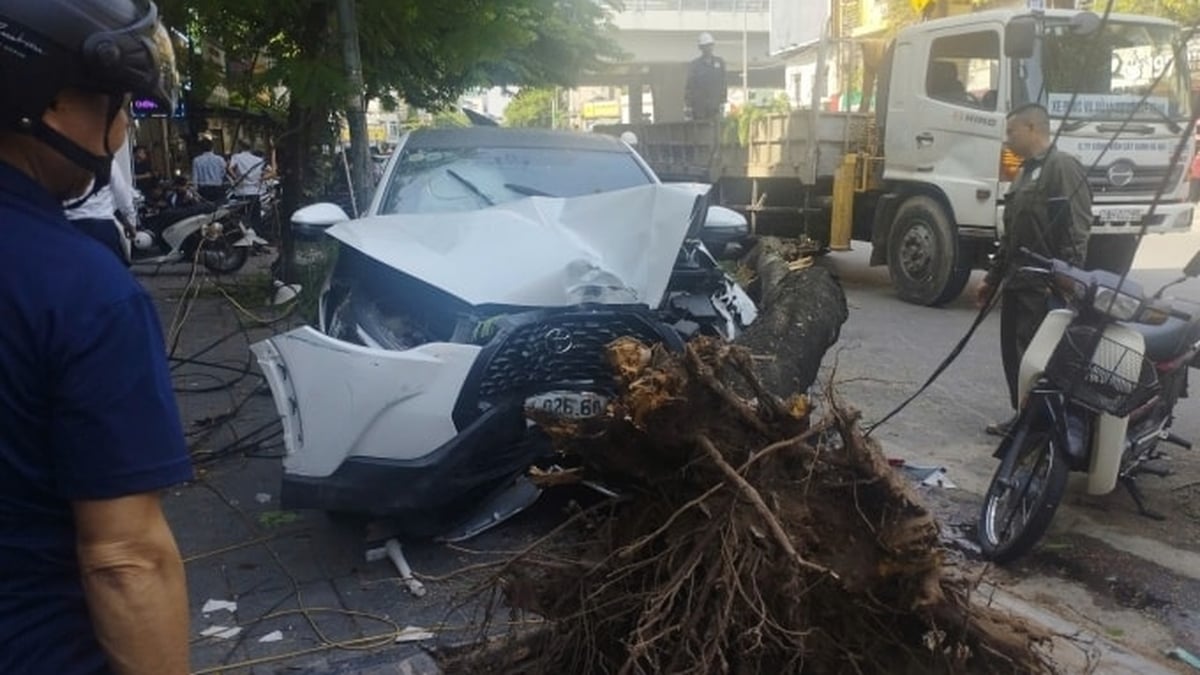


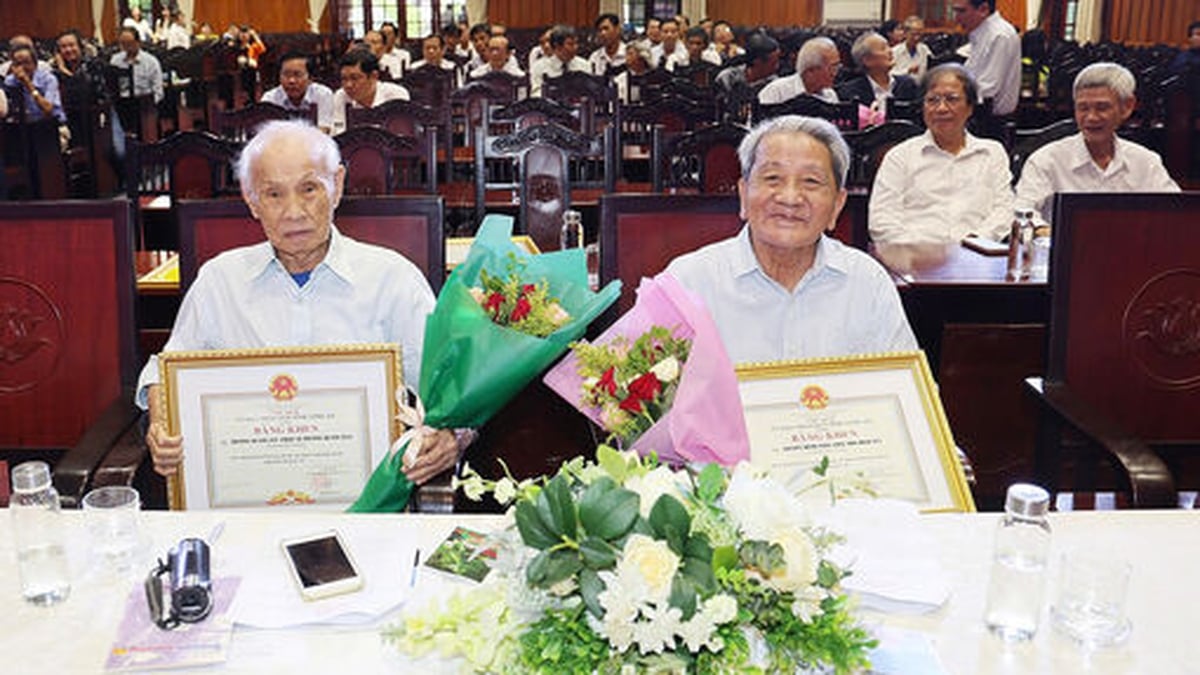
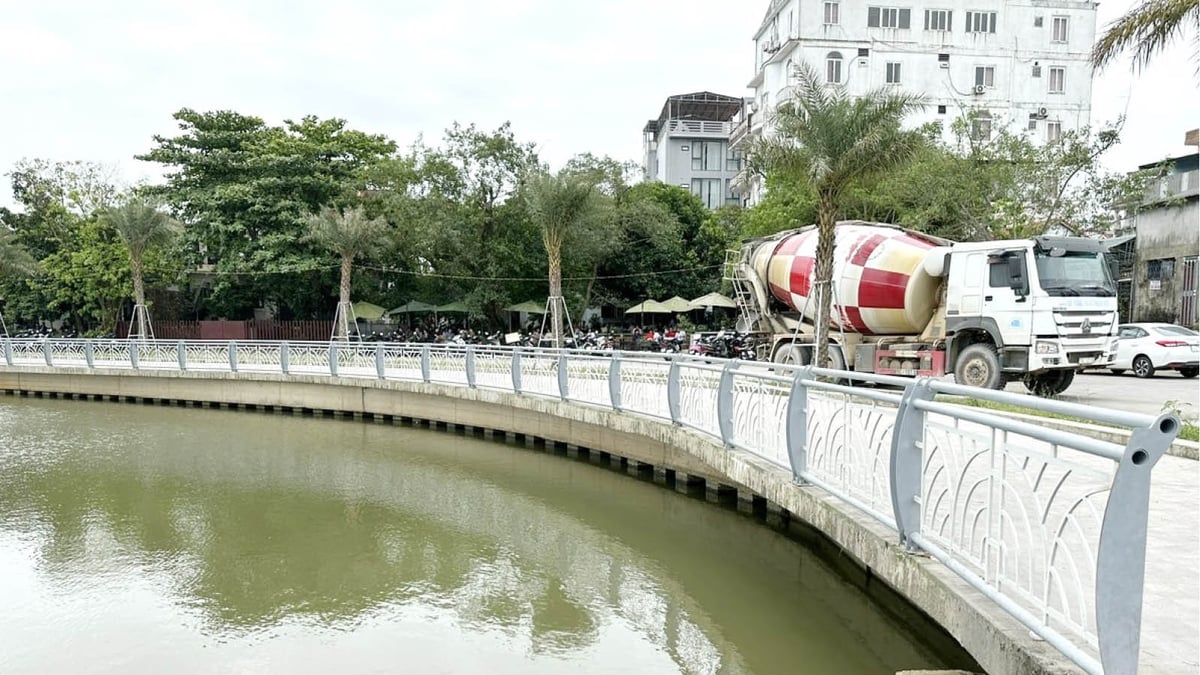
























































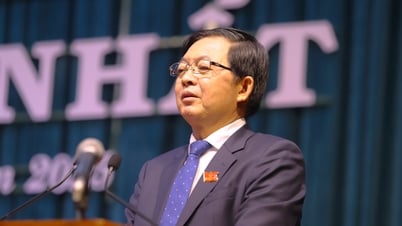


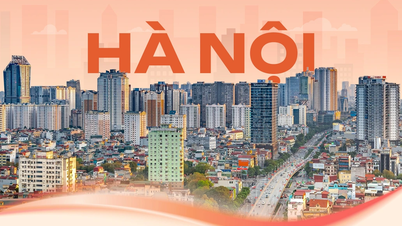















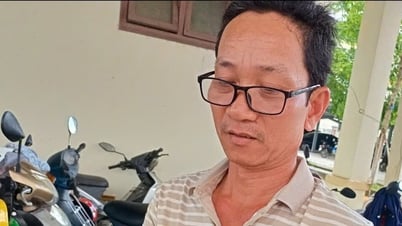

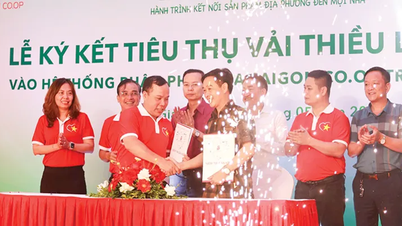

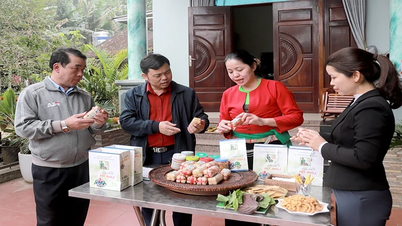










Comment (0)